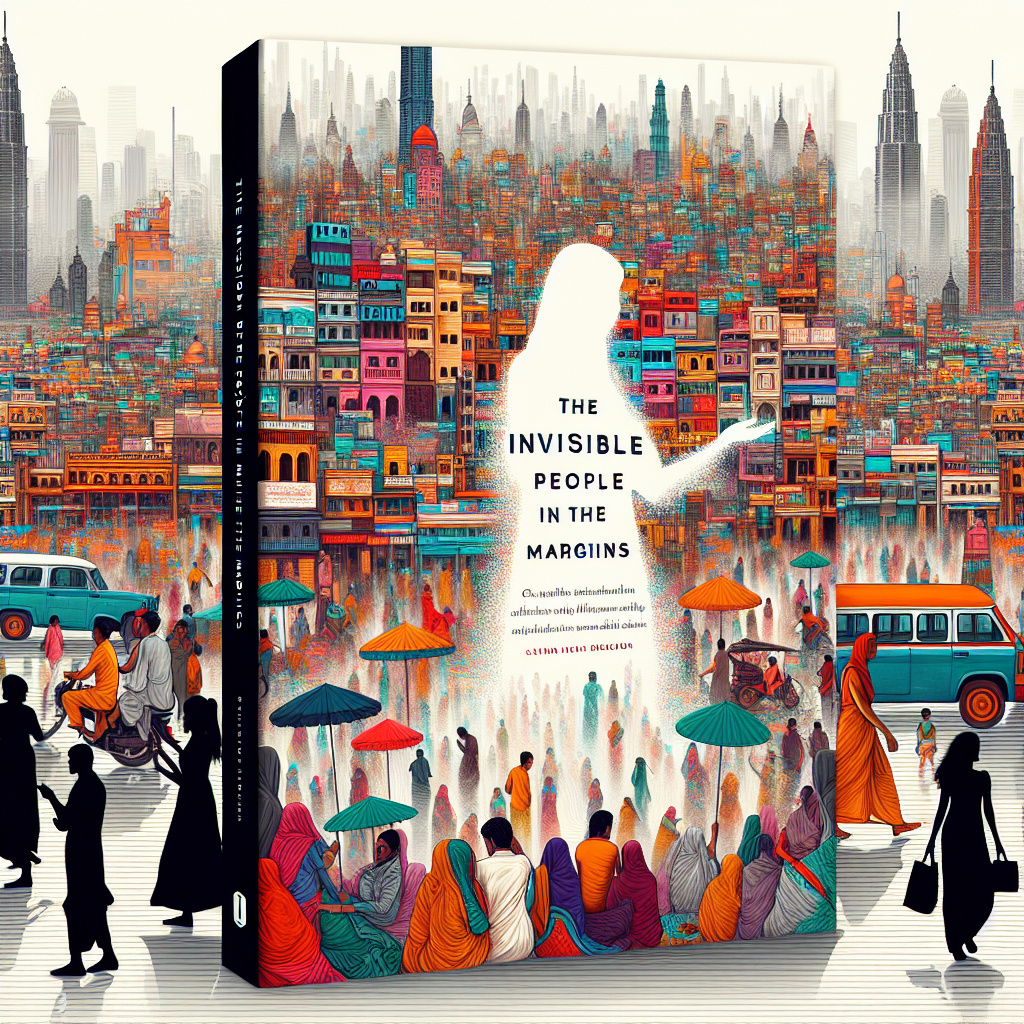
A few days back, a LinkedIn user, Arvind had shared a WhatsApp group conversation from a residential society. It was a déjà vu, as it’s a story I’ve heard and experienced far too many times.
These are those conversations. Flared up emotions. Existential dread. Concerns about a world that’s turning completely unfair! Hell broken loose. The trigger? One maid has asked for a raise of a couple of hundreds. Couple of hundreds? Yes, the same amount that we don’t think twice while ordering a cup of coffee in the nearby mall. Or perhaps even less than what it costs popcorn in PVR.
The intensity of these conversations and arguments baffles me. The strange irony (or not) is that these are from reasonably well-off people. The ones who do not think twice before buying the fourth pair of overpriced sneakers or debate whether one should have more than one foreign vacation or not in a year.
What does this say about us as a society? A lack of sensitivity? Deep-rooted class divide? A sense of entitlement? Blindness caused by privileges? Or an absolute lack of awareness that modern societies thrive on interdependence and that everyone deserves a decent quality of life. This is not to take a moral high ground, though this is a deeply moral issue.
It is said that as societies (and humanity) evolve, the moral arc expands. What was considered a norm a few decades ago (e.g., slavery or women disenfranchisement) is today considered inhuman and unacceptable. Sometimes the arc gets stuck at the gates of urban residential societies!
From an economic point of view, the trickle-down theory claims that over a period of time, wealth will trickle down to reach everyone. It’s the most often quoted rationale against any conversation on income inequality. Let the GDP rise first and that a rising tide will lift all boats goes the argument. I have nothing against all of us striving towards increased GDP. In the absence of any other, widely agreed measure, that continues to the only metric to track progress.
But lifting all boats need a different mindset and all-hands. And recognize that the more boats are lifted faster, the better quality of life for everyone. It also means being sensitive to the fact the people who service you are also living in the same city, where rice, dal, tomatoes and potatoes cost the same. So are the bus, train and auto fares. And not to mention the home rentals costs.
It does not need a revolution to make a change. It can start with the people whom we touch every day. The maid, the driver, the security person, the subji vendor and the like. Even if we don’t change the world, this is the least we can do.
You might also be interested in: